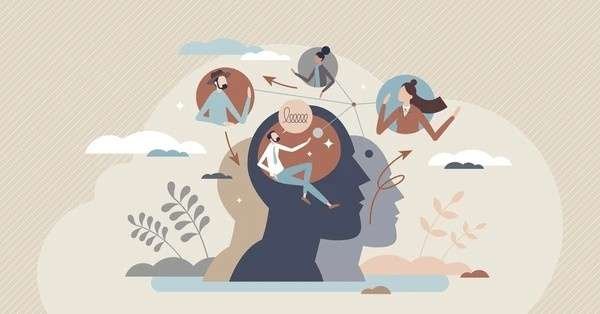Cognitive processes are fundamental mental activities involved in acquiring, understanding, and applying knowledge. These processes encompass a wide range of activities that humans use daily to perceive, think, remember, solve problems, and make decisions.
Table of Contents
What are Cognitive Processes?
1. Definition:
- Mental Activities: Cognitive processes refer to various mental actions such as perception, memory, reasoning, problem-solving, and decision-making.
- Information Processing: They involve how individuals perceive, interpret, and respond to stimuli from their environment.
2. Key Components:
- Types of Processes: Include attention, perception, memory, language comprehension, problem-solving, and decision-making.
- Neurological Basis: Grounded in brain functions and neural pathways responsible for cognitive activities.
3. Objectives:
- Understanding Thought: Facilitates comprehension of how humans think, learn, and interact with their surroundings.
- Applied Learning: Essential in educational settings, therapy, neuroscience, and various fields of research.
Examples of Cognitive Processes
Scenario:
- Problem-Solving: A student uses critical thinking to solve a complex math problem.
- Decision-Making: A manager evaluates different strategies based on past experiences and current market trends.
- Memory: Recalling information from a lecture attended earlier in the day.
Implementation:
- Daily Activities: Cognitive processes underpin routine tasks such as reading, driving, cooking, and social interactions.
- Learning Enhancement: Educators utilize cognitive processes to develop curriculum, assess student progress, and enhance teaching methodologies.
Benefits of Cognitive Processes
1. Cognitive Development:
- Skills Enhancement: Improves critical thinking, problem-solving, and decision-making abilities.
- Neuroplasticity: Supports brain development and adaptability through continuous learning and cognitive challenges.
2. Practical Applications:
- Occupational Performance: Enhances job-related skills, productivity, and innovation in professional settings.
- Life Skills: Promotes effective communication, emotional regulation, and interpersonal relationships.
Applications and Strategic Considerations
1. Educational Settings:
- Curriculum Design: Integrates cognitive processes into learning objectives and instructional strategies.
- Assessment Tools: Measures student progress and identifies areas for cognitive skill development.
2. Clinical and Therapeutic Practices:
- Cognitive Behavioral Therapy (CBT): Addresses cognitive distortions and modifies behaviors through cognitive restructuring.
- Neuropsychological Assessment: Evaluates cognitive functions in patients with neurological disorders or brain injuries.
Challenges and Mitigation Strategies
1. Cognitive Load:
- Information Overload: Balances cognitive demands to optimize learning and task performance.
- Stress Management: Minimizes cognitive fatigue and enhances cognitive resilience in challenging environments.
2. Individual Differences:
- Cognitive Diversity: Recognizes variations in cognitive abilities, learning styles, and processing speeds among individuals.
- Accommodations: Tailors interventions and support services to accommodate diverse cognitive needs.
Conclusion
Cognitive processes are fundamental to human cognition, encompassing a diverse array of mental activities essential for learning, problem-solving, decision-making, and daily functioning. Understanding these processes enhances educational outcomes, occupational performance, and personal development. By fostering cognitive skills through effective learning strategies and supportive environments, individuals can optimize their cognitive potential and adaptability across various life domains.
References
- “Cognitive Psychology: Connecting Mind, Research, and Everyday Experience” – E. Bruce Goldstein
- “Cognitive Neuroscience: The Biology of the Mind” – Michael S. Gazzaniga





